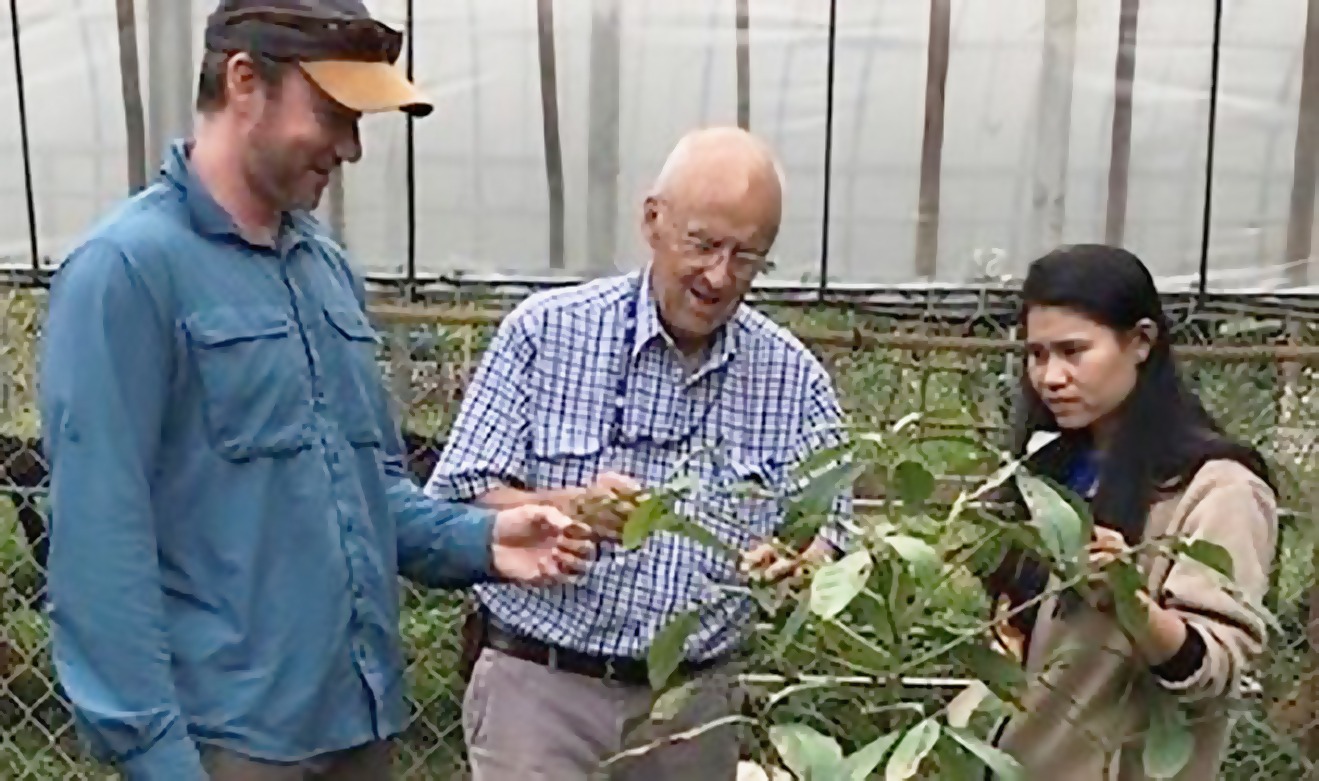

Announcing the winners of the Biosecurity Summer Internship Program at DPI NSW
January 20, 2022

Back in August, we announced applications were open for a six-week plant biosecurity internship in plant health, biosecurity, and diagnostics. This opportunity for NSW university students has come from a partnership between our NSW Committee and the NSW Department of Primary Industries (DPI).
This is a special opportunity for undergraduate students from a NSW university to work with DPI staff and scientists across the biosecurity spectrum. They will get experience and training in surveillance, diagnostics, research, and emergency response operations as well as an understanding of policy, market access and stakeholder engagement
Our NSW Committee has a long history in supporting biosecurity training, particularly related to the work in Laos led by mentors Honorary Professor Lester Burgess and Dr Deirdre Lemerle.
Applications were received from a strong field of contenders and we are now pleased to announce the winners:
Stacy Cavanagh
University of Sydney
Charlotte Hogan
University of NSW
Lucy Horne
University of Sydney
Tyler Kristensen
University of Sydney
Kate Smith
University of New England
“This Biosecurity Summer Internship Program offers real world biosecurity and plant health science experience, a chance to work on real projects alongside lead scientists and researchers at NSW DPI,” said Dr Helen Scott-Orr, the Fund’s NSW Coordinator and former inaugural Commonwealth of Australia Inspector General of Biosecurity.
“The relationship between the Crawford Fund and the NSW Department of Primary Industries is particularly strong, with a number of on-going projects in SE Asia focussed on plant and animal biosecurity, the diagnosis of plant diseases, pests and weeds, the development of appropriate control programs, and improving crop production systems.”
“The benefits of these projects flow both to farmers and their families in the developing countries and in NSW. Contributing our expertise to strengthen plant biosecurity in South East Asia reduces the likelihood that exotic threats will make it to NSW. Handling current biosecurity threats that are exotic to Australia in other countries also increases the likelihood our scientists will be better prepared to detect and identify exotic threats if they do make it here,” Helen explained.
While it was originally planned for the scholars to undertake their internship in January 2022, it has been decided that most of them will now defer their visit until later in the year due to COVID.




 0
0